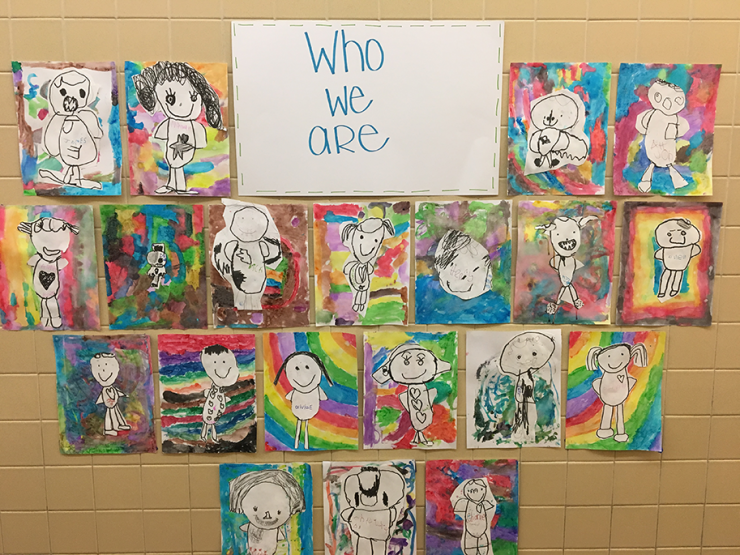
The PYP is a transdisciplinary program organized around six themes of global significance. Teachers are guided by these six transdisciplinary themes as they design units of inquiry. Each grade level completes a unit of inquiry under each of these six themes during the school year.
- Who We Are
An inquiry into the nature of the self; beliefs and values; personal, physical, mental, social and spiritual health; human relationships including families, friends, communities, and cultures; rights and responsibilities; what it means to be human.
- Where We Are in Place & Time
An inquiry into orientation in place and time; personal histories; homes and journeys; the discoveries, explorations and migrations of humankind; the relationships between and the interconnectedness of individuals and civilizations, from local and global perspectives.
- How We Express Ourselves
An inquiry into the ways in which we discover and express ideas, feelings, nature, culture, beliefs and values; the ways in which we reflect on, extend and enjoy our creativity; our appreciation of the aesthetic.
- How the World Works
An inquiry into the natural world and its laws; the interaction between the natural world (physical and biological) and human societies; how humans use their understanding of scientific principles; the impact of scientific and technological advances on society and on the environment.
- How We Organize Ourselves
An inquiry into the inter connectedness of human-made systems and communities; the structure and function or organizations; societal decision-making; economic activities and their impact on humankind and the environment.
- Sharing the Planet
An inquiry into the rights and responsibilities in the struggle to share finite resources with other people and with other living things; communities and the relationships within and between them; access to equal opportunities; peace and conflict resolution.
(Making the PYP Happen: A curriculum framework for international primary education © 2007, 2009)
